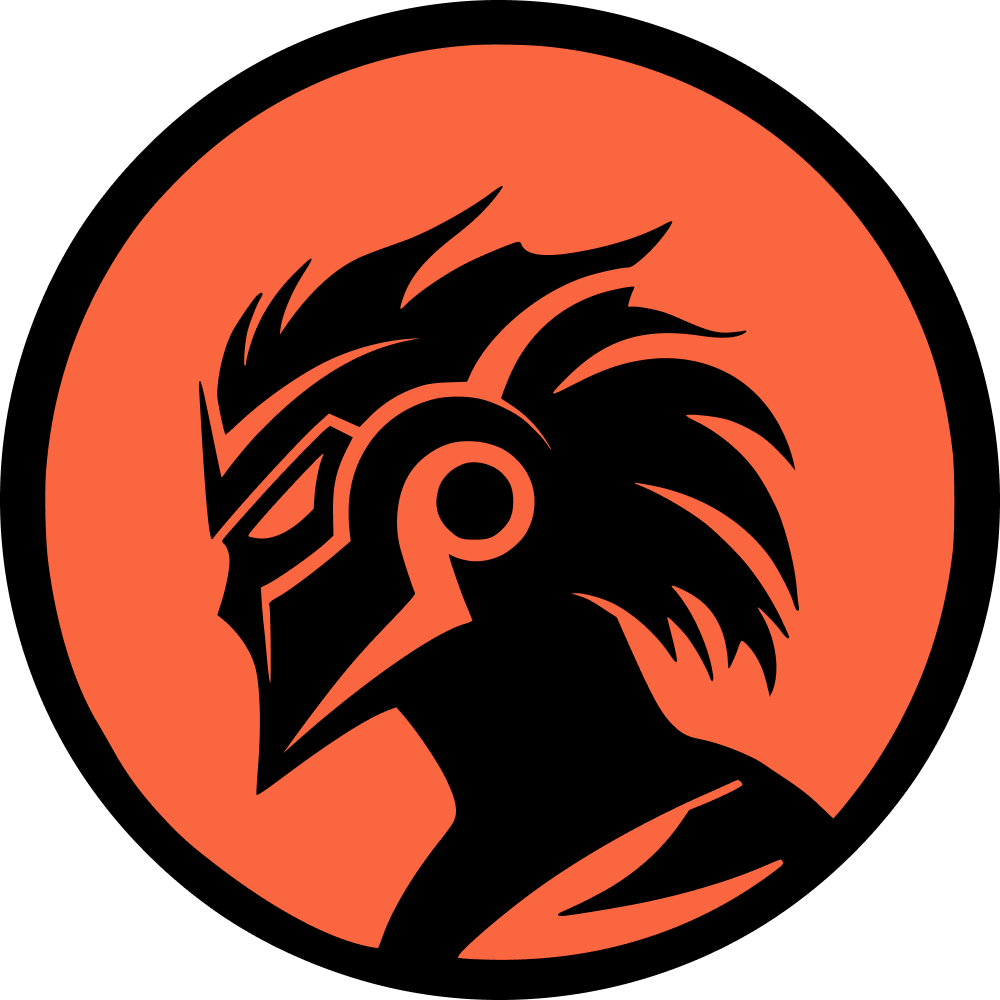In early May, 30 esports clubs from around the globe joined the Esports World Cup Foundation program to secure financial support for their teams as they prepare for the upcoming world championship in Riyadh. This initiative has motivated organizations to explore new games and enhance their rosters. Esports Charts has highlighted the unique features of this program and its significant impact on the industry.
The esports ecosystem is structured to allow each club to independently seek sponsors and investments, guiding their direction and focus based on available financial resources. However, clubs often face resource constraints, necessitating strategic decisions when adding new players or forming rosters. The Esports World Cup Foundation's support simplifies this process, enabling clubs to explore new opportunities and disciplines.
Although the exact funding details for Esports World Cup Foundation program participants remain undisclosed, representatives have indicated that some organizations may receive substantial annual support, potentially reaching six figures. Clubs are expected to use these funds to improve their infrastructure, expand rosters for new games, and create content.
Out of 150 applications, only 30 clubs achieved official partnership status with EWC, highlighting the competitive nature of the selection process.
Partner Clubs Include:
- Cloud9;
- Blacklist Int.;
- FaZe;
- Fnatic;
- FURIA;
- G2 Esports;
- Gladiators;
- Gen.G;
- Guilds;
- KOI;
- OG;
- NRG;
- Weibo;
- T1;
- Talon;
- Twisted Minds;
- NAVI;
- Secret;
- Vitality;
- TSM;
- LGD Gaming;
- LOUD;
- Liquid;
- Tundra;
- Falcons;
- Virtus.pro;
- Spacestation;
- 100 Thieves;
- NiP;
- Karmine Corp.
Following the announcement of the Esports World Cup Foundation partner clubs, these organizations quickly began forming new teams and revisiting games they had previously set aside.
Among the Esports World Cup Foundation participants, one of the most popular new directions has been Mobile Legends: Bang Bang. Once limited to Southeast Asia, Mobile Legends has now emerged as a leading mobile title. Regional MPLs attract substantial viewership hours and millions of viewers during broadcasts. However, this game remains relatively exotic for top American and European clubs.
Thanks to the support from the Esports World Cup Foundation, teams like Team Vitality, Fnatic, Team Falcons, and Team Liquid have decided to sign rosters for Mobile Legends. Notably, Team Liquid surprised the community by acquiring four rosters, including Indonesian team AURA Esports, Philippine team ECHO, and their academy rosters in MDL. Fnatic partnered with ONIC Esports, a team with Mobile Legends rosters in Indonesia and the Philippines, now competing under the Fnatic ONIC banner. Similarly, Team Falcons partnered with the Philippine organization, AP.Bren and acquired the women's team, GPX Basreng. Additionally, Team Vitality entered women's esports by signing the Bigetron Esports roster.
However, signing Mobile Legends rosters is just one facet of this broader trend. Following the Esports World Cup Foundation announcement, several partner clubs have explored new disciplines. For instance, Natus Vincere signed its first-ever Tekken player, while Virtus.pro returned to StarCraft II after a decade-long absence. Multiple organizations have also strengthened their Fortnite and Apex Legends rosters — two of the most popular directions after Mobile Legends. Some clubs have also recruited players for Teamfight Tactics and other fighting games.
Significant roster changes have occurred at Twisted Minds, Team Falcons, and Weibo. For TM and Falcons, the Esports World Cup series represents "home turf," explaining their increased activity. As for Weibo, the Chinese club not only signed rosters for Apex Legends and PUBG: Battlegrounds but also ventured into Dota 2 by collaborating with the Chinese team Xtreme Gaming.
Road to EWC: Team and Player Signings
Collaborations between Western clubs and Asian teams are no longer unusual in esports, yet they remain relatively rare. These partnerships offer significant benefits for both sides: clubs gain access to new games and the opportunity to engage with local fan bases, while players, coaches, and managers gain valuable experience by working with prominent international organizations. Essentially, these collaborations facilitate a mutual exchange of cultures, experiences, opportunities, and networks.
The addition of new rosters has already impacted the viewership metrics for clubs. For example, Team Liquid achieved its second-highest monthly viewership in May, largely due to their Mobile Legends rosters. Their only higher viewership month was in 2019 when their Dota 2 team won The International. Fnatic also approached a new viewership record thanks to their Mobile Legends roster, marking the second-highest total viewership in their history. Meanwhile, Team Falcons set two personal bests after introducing new rosters, enhancing their number of matches and total airtime in May.
EWC Teams' Activity Growth: Team Liquid & Team Falcons
The primary motivation for clubs to acquire new rosters stems from the announcement of the inaugural club championship in Riyadh in 2024. As part of the Esports World Cup, 20 separate tournaments will be held, covering the most popular esports disciplines. Clubs will earn ranking points for tournament victories (and even top-eight finishes). Consequently, the top 16 clubs in this ranking will share an additional prize pool of $20 million. Each new roster presents an additional opportunity to accumulate ranking points in Esports World Cup tournaments, often incentivizing clubs to sign players in disciplines with potentially smaller audiences.
The Esports World Cup 2024 tournament series is scheduled to take place in Riyadh throughout July and August, boasting a total prize pool of approximately $30 million. The largest portion of this sum will be allocated to Dota 2 tournaments, amounting to $5 million.

